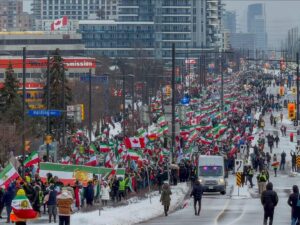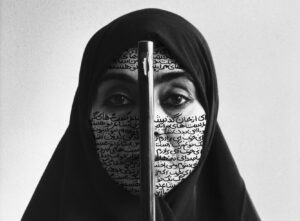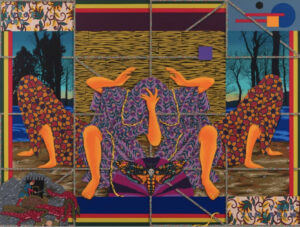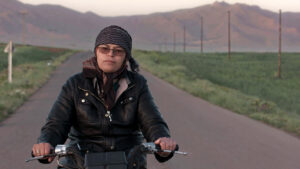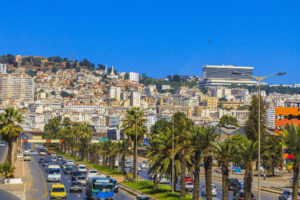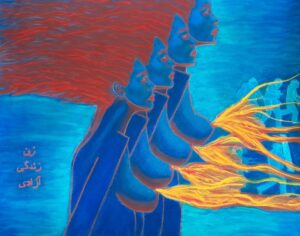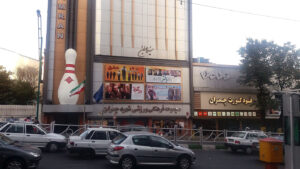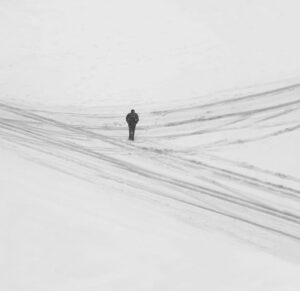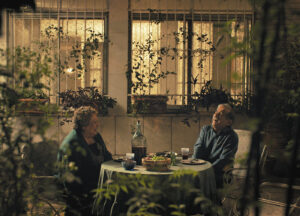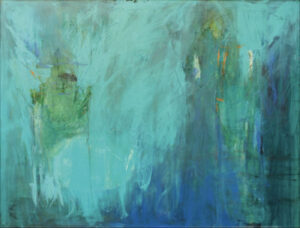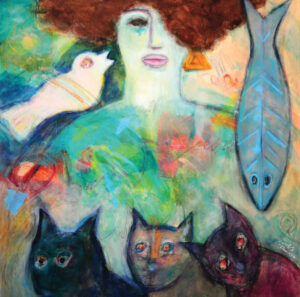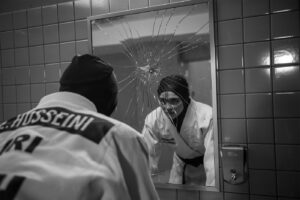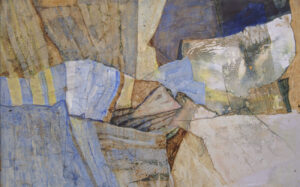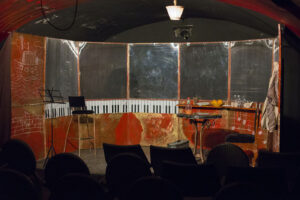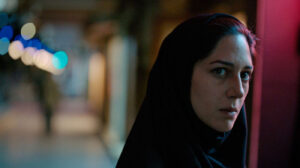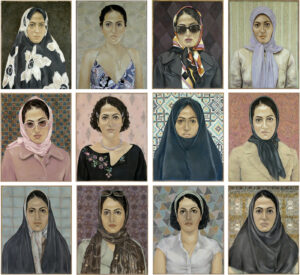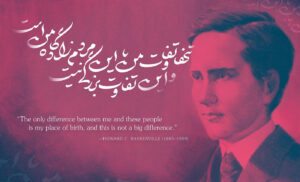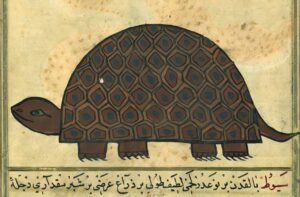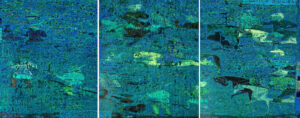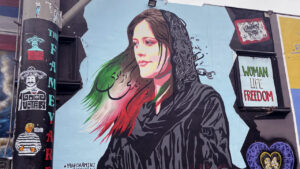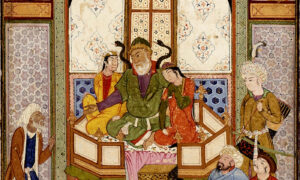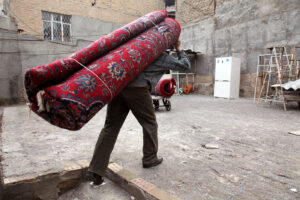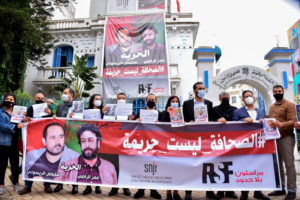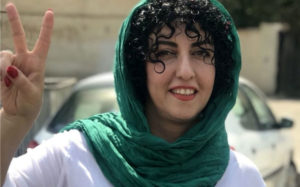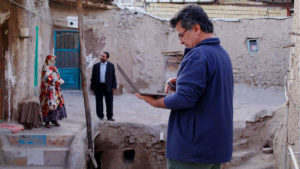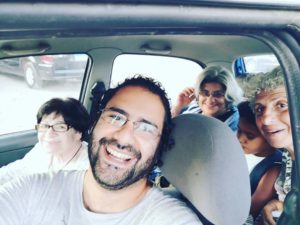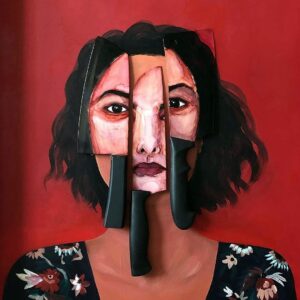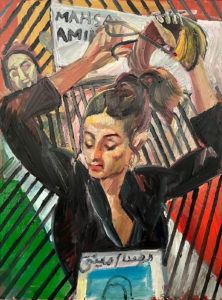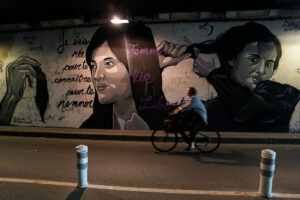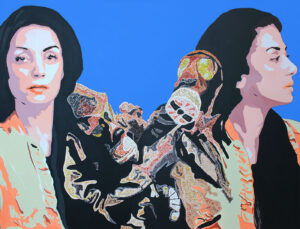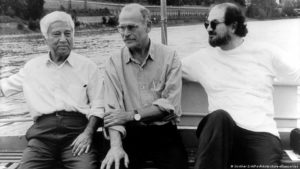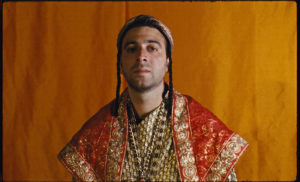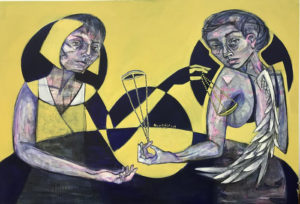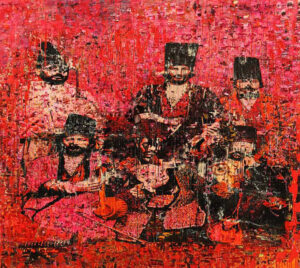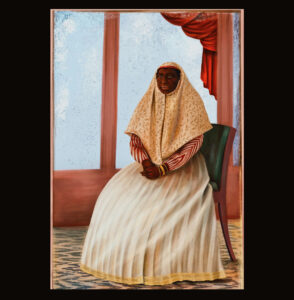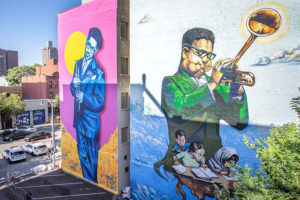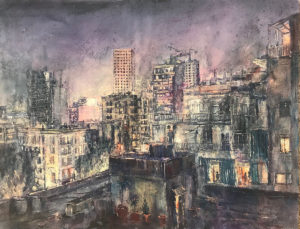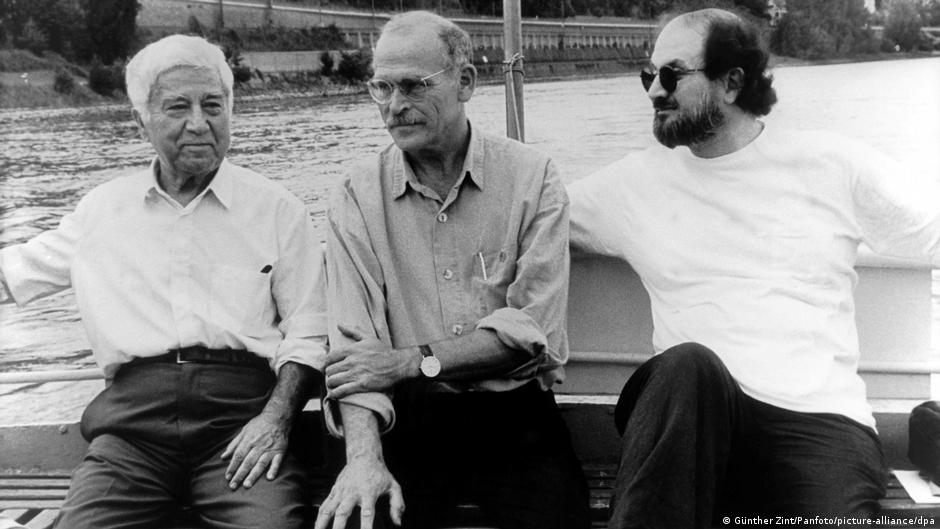
Sahand Sahebdivani
It was about a decade ago when a friend took me to the Aziz Nesin Cultural Center in Istanbul for a cup of tea. He was a fast walker, a theater maker and an intellectual with all the proper leftist credentials. We were just passing Istiklal street when a few young guys stopped him to sell him a local communist paper, which he bought after a short discussion.
So you’re an Iranian refugee. Now tell me, are you a liberal or a communist?
“They’re idiots, ten euros! I told them no artists or anyone from the working class can afford their paper.”
I knew he was speaking about himself. In the previous days he had shown me the art of eating delicious but simple meals for very little money, going to Istanbul’s little hidden eateries.
“You bought it though, why?”
“Because they still have their ideals, I don’t want them to lose hope.”
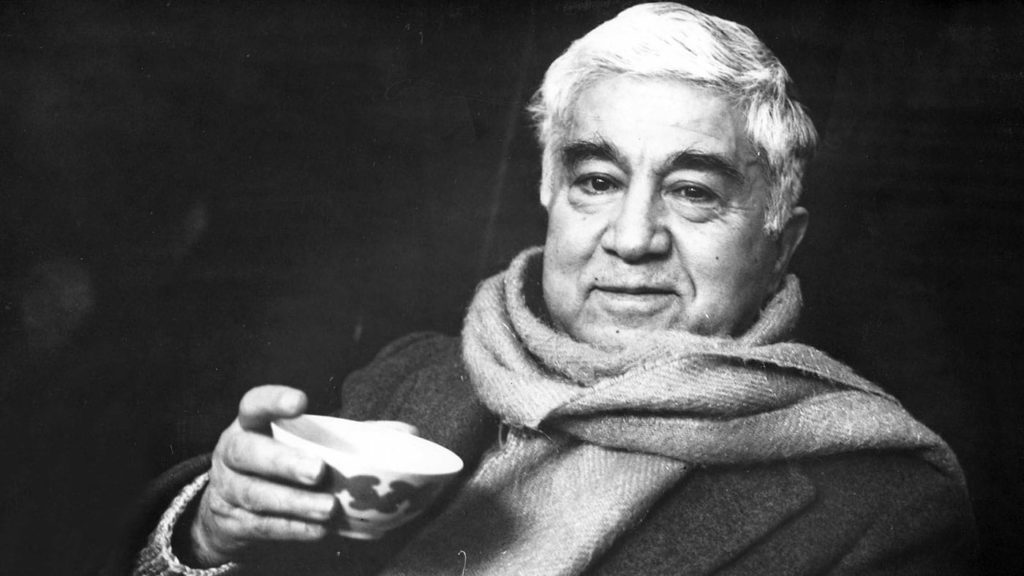
In the cultural center he ordered two fincans of tea and introduced me to the waiter as an artist who had fled Iran as a young kid. The stern waiter never smiled, but had a question ready for me:
“So you’re an Iranian refugee. Now tell me, are you a liberal or a communist?”
“My father was a communist!” I told the guy. “That’s how we escaped, with his Kurdish communist contacts smuggling us over the mountains, from Iran to Turkey.”
“He’s a tricky one,” the waiter told my friend. “I asked him if he’s a communist, and he deflects by talking about his father!”
I wasn’t ashamed at not being able to answer his question, but I did feel like a fraud sitting in the Aziz Nesin Center without having read his work. A few years before, I had tried to find his books in the central library of Amsterdam. The computer told me they were available in Turkish, Persian and, curiously, in Portuguese. Not finding his work in a language I was comfortable reading, I had postponed being introduced to the works of a writer my father had often talked about when I was growing up.
Sadly, it seems the fatwas of religious fanatics live on after their deaths…
Last Friday it was closing time at Mezrab, the cultural center I cofounded in Amsterdam. The place was almost empty. Two young Turkish men were having a beer with me at the bar. I asked them if they had heard the news. They looked at me quizzically.
“Salman Rushdie being attacked and almost killed on stage in New York.”
The guys were young leftists, like the ones who would sell papers on Istiklal street or serve strong cups of tea in cultural centers. But they were too young to remember Rushdie’s Satanic Verses or the fatwa the Iranian Ayatollah Khomeini had spoken over him in the last year of his life.
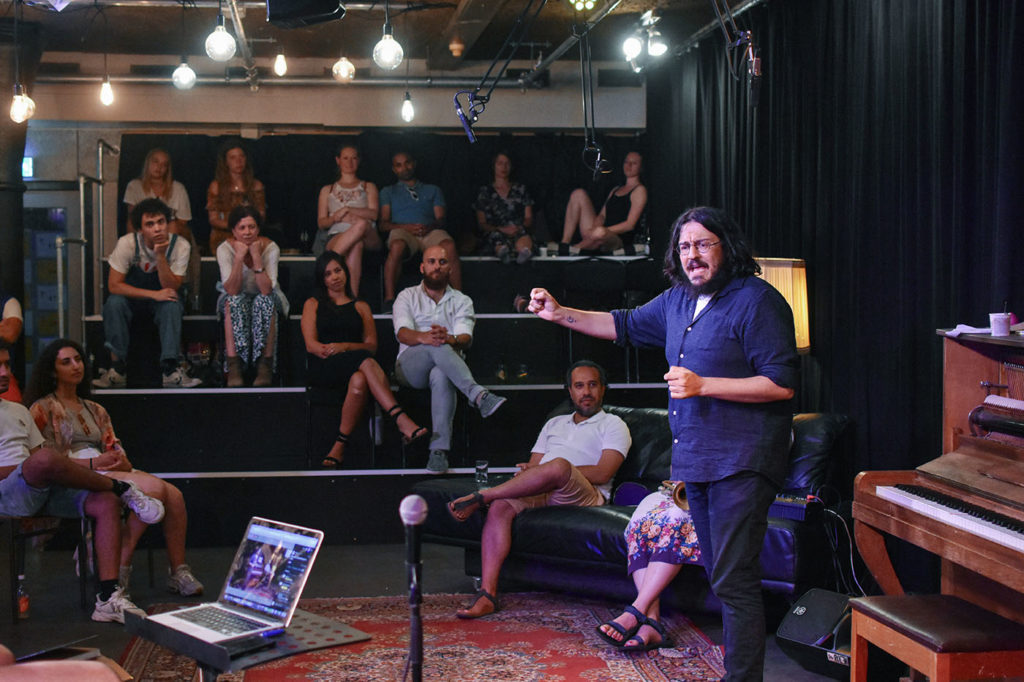
Then I asked them if they knew who Aziz Nesin was and how he was almost killed. Of course! they replied, our most important writer. Hated for being a communist, an intellectual, an atheist, an Alevi. It was in 1993 when a frenzied crowd left the mosque in the city of Sivas, in central Turkey, to go to the hotel in which Aziz Nesin and other artists, mostly Alevi, had gathered for an event. The mob attacked the hotel for eight hours without the police intervening, finally managing to burn it. As many as 37 people died in the fire. Aziz Nesin, by then an old man, escaped by climbing down a ladder, but even when he did so the firemen who were supposed to help him recognized him and attacked him.
All this was true, but there was some context the young men didn’t know. The final cause of the anger of the religious mob towards Aziz Nesin, who after all was an intellectual and atheist, had been his wish to translate and publish Rushdie’s The Satanic Verses in Turkish.
Aziz Nesin survived the attack, even if 37 others died. Rushdie hopefully will survive the barbarous attack of August 12th, even if thousands of other intellectuals in my native Iran did get killed by the same Ayatollah who issued a fatwa against him. And when one day, hopefully years from now, Rushdie dies, his complex and irreverent literature will live on, just as the subtle poetry of Nesin does today. Sadly, it seems the fatwas of religious fanatics live on after their deaths, too.
This column first appeared in Raseef22, an independent Arabic language media platform standing at the intersection of identity, democracy and social justice, and is published here by special arrangement with the author.




